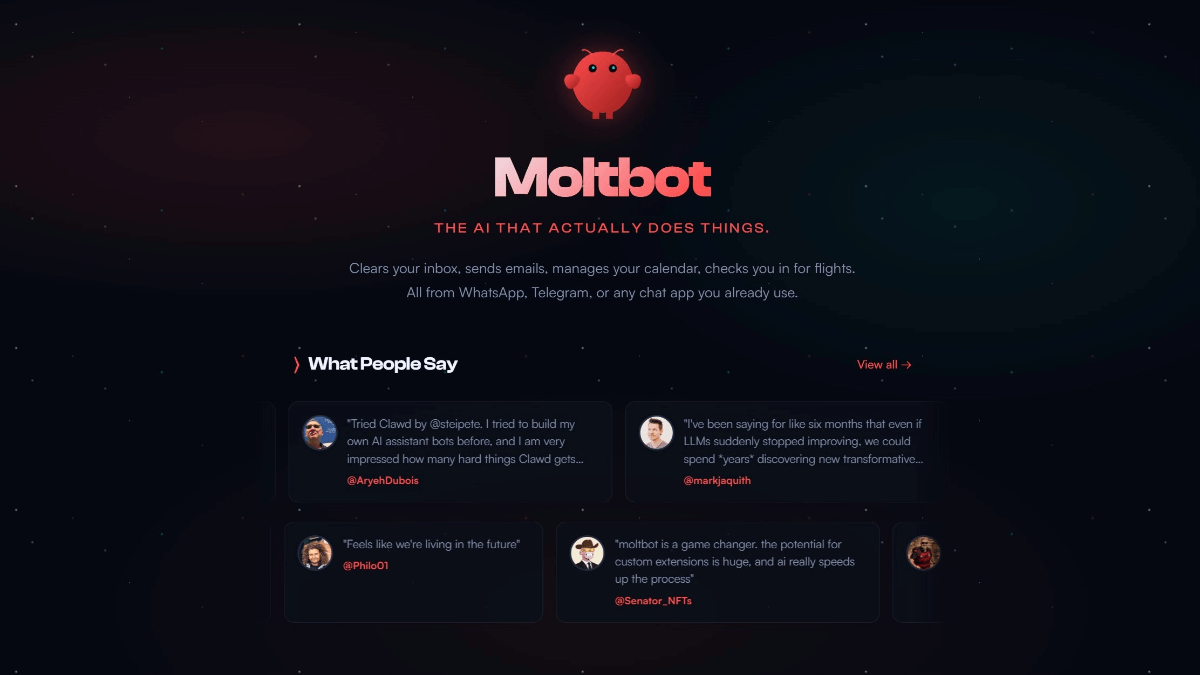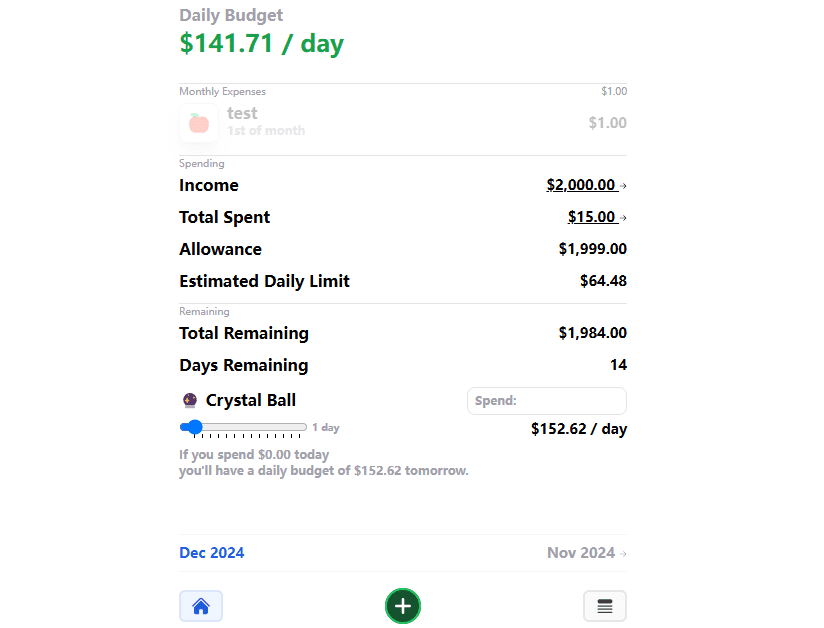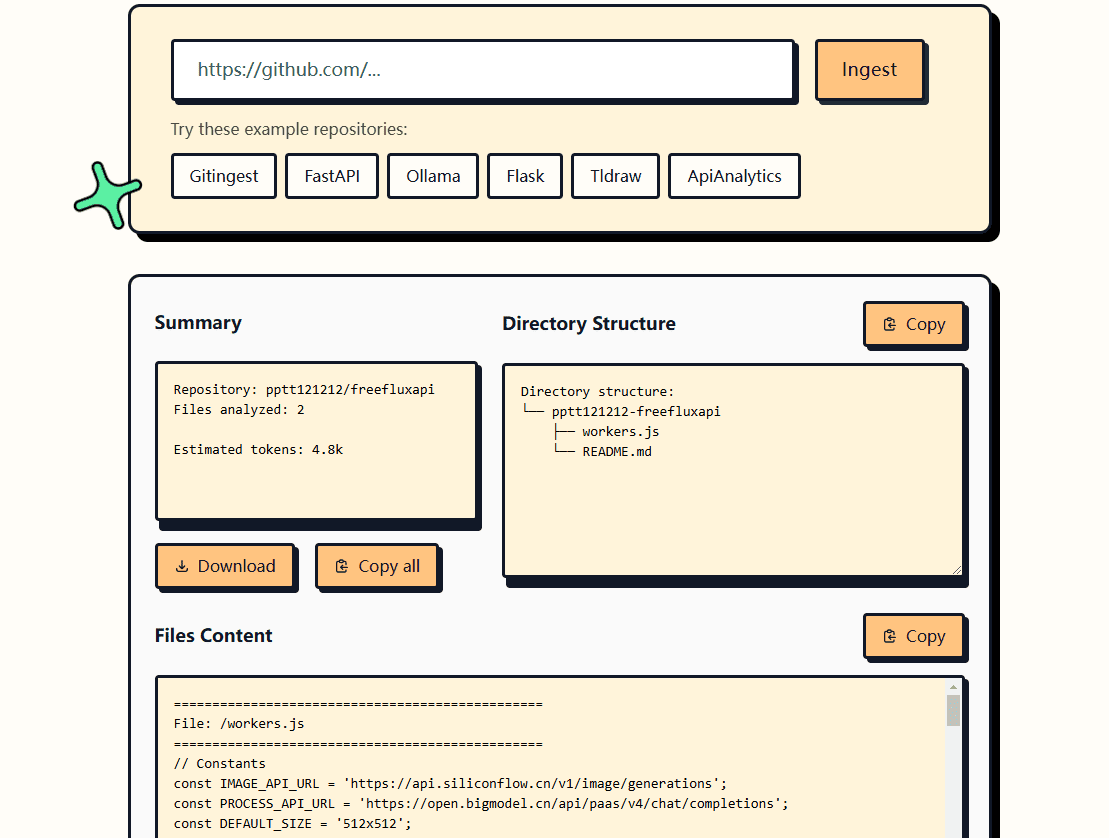Autiobooks: convert epub ebooks to m4b audiobooks
General Introduction
Autiobooks is an open-source tool designed to help users put .epub format eBooks are quickly converted to .m4b format audiobook. It utilizes the Kokoro The quality speech synthesis technology provided produces natural and smooth audio. Developed by David Nesbitt under the MIT license, Autiobooks is free for users to use and participate in code improvements, and is characterized by its simplicity and ease of use, allowing it to run on the average home computer. Currently, only English content is supported, but with Kokoro's capabilities, it may be extended to other languages in the future. Whether it's a novel, textbook, or other e-book, Autiobooks can turn it into an easy-to-listen-to audio file.

Function List
- E-books to audiobooks: Support will
.epubThe file is automatically converted to.m4bformat audiobooks. - natural speech synthesis: Utilizes Kokoro's 82 million parameter model to generate near-life-like speech effects.
- Automatic processing of chapters: Split the audio by eBook chapter and finally merge it into the full audiobook.
- Support for reading aloud in English: Currently focusing on English, Kokoro offers a wide selection of accents and tones.
- Open Source Community Support: The code is publicly available and users can submit questions or suggestions for improvements via GitHub.
Using Help
Installation process
To use Autiobooks on your computer, you need to complete some preparations first. Here are the detailed installation steps for Linux and MacOS. Note that there are currently problems with pip installations, so we recommend downloading the source code directly and running it, and Python 3.13 is not supported.
1. Check the Python environment
Make sure that your computer has Python 3 installed (recommended version is 3.10 or 3.11). Run the following command to check:
python3 --version
If you don't have Python, go to the Python website to download and install it.
2. Obtaining the Autiobooks source code
Since pip installation is not available at the moment, please download it from GitHub:
- Visit https://github.com/plusuncold/autiobooks.
- Click the green "Code" button in the upper right corner and select "Download ZIP".
- Unzip the file locally, for example
/home/user/autiobooksThe
3. Installation of dependent tools
Autiobooks are needed ffmpeg cap (a poem) tkinterRecommended for additional installations espeak-ng to improve pronunciation accuracy. Run the following commands according to your system:
Linux system::
sudo apt update
sudo apt install ffmpeg python3-tk espeak-ng
MacOS System::
brew install ffmpeg python-tk espeak-ng
If you don't have Homebrew, run the following command to install it first:
/bin/bash -c "$(curl -fsSL https://raw.githubusercontent.com/Homebrew/install/HEAD/install.sh)"
4. Initiation of proceedings
Go to the unzipped folder, for example:
cd /home/user/autiobooks
Then run:
python3 -m autiobooks
When the program starts, a graphical interface is displayed, which is the Autiobooks operating window.
How to use
Once installed, the process of using Autiobooks is simple. Here are the exact steps:
1. Opening the interface
After running the command, a resizable window will pop up. This is the main interface of Autiobooks, where all operations are done.
2. Importing e-books
- Find the "Select File" or similar button on the interface (the exact name may vary slightly from version to version).
- Browse your computer folders and select one
.epubfiles, such asmybook.epub, and then click "Open". - The program will automatically load the chapter information of the eBook.
3. Configuration output
- By default, the generated
.m4bThe file is saved in the current folder and the file name is usually based on the name of the ebook, for examplemybook.m4bThe - If you need to adjust the save location or file name, you can set it manually on the interface.
4. Commencement of conversion
- Click the "Start" or "Convert" button, and the program will first convert each chapter into a
.wavDocumentation. - The conversion time depends on the length of the eBook and the performance of your computer, and can take anywhere from a few minutes to a few hours.
- Upon completion, all
.wavThe files are merged into a.m4bfile, the final audiobook.
5. Audio playback
- Utilization Support
.m4bplayer to open the file, such as VLC media player, iTunes, or the audiobook app on your phone. - Check that the audio is working. If there is a problem, check the console error message or retry.
Featured Functions
- Chapter processing: Autiobooks can automatically recognize
.epubThe chapter structure of the document. As of version 1.0.3, even if a chapter is not marked as aITEM_DOCUMENT, which can also be read correctly. If some chapters are not recognized, you can select all chapters manually. - speech effect: Kokoro offers a variety of English voice options (e.g. American or British accents), currently selected by default by the program. If you want to adjust the voice, you need to modify the source code, suitable for users who know how to program.
- error handling: If the conversion fails, first confirm the
ffmpegIs it installed correctly. Check the console output again, common problems such as multiple audio streams (fixed in 1.0.9) or competing conditions (fixed in 1.1.0) have been resolved.
Tips and Precautions for Use
- file format: To ensure that
.epubFile formats are standardized, non-standard files may cause conversion failure. - hardware requirement: It is recommended to have a computer with at least 4GB of RAM, as Kokoro will take up some resources while running.
- fault resolution: If the program is unresponsive, check that the dependencies are complete, or restart the program.GitHub's Changelog records a history of issues and fixes for reference.
- Expansion potential: While only English is currently supported, Kokoro supports multiple languages (French, Korean, Japanese, etc.), and future versions may open up more options.
With these steps, you can easily convert eBooks to audiobooks with Autiobooks and enjoy the listening experience anytime, anywhere.
© Copyright notes
Article copyright AI Sharing Circle All, please do not reproduce without permission.
Related posts

No comments...




